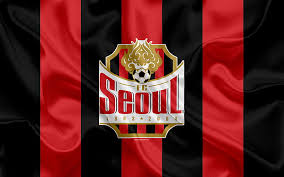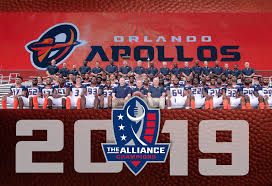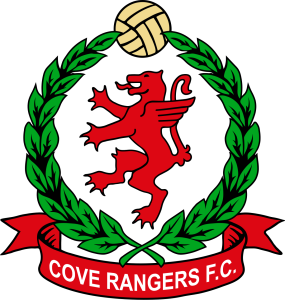
FC Seoul
FC Seoul, a name that resonates with passion, determination, and excellence in the world of football. Established in 1983, this prestigious club has become one of the most recognized teams in Asia, representing not only the city of Seoul but also the spirit of South Korean football on the international stage. With a rich history, a loyal fanbase, and numerous accolades to its name, FC Seoul stands tall as a beacon of hope and ambition for aspiring players and fans alike.
The Genesis of FC Seoul
The story of FC Seoul is one of evolution and resilience. Originally founded as the Lucky Goldstar Hwangso in 1983, the club went through several transformations before adopting its current name in 2004. Understanding the roots of FC Seoul provides valuable insight into its identity and significance in the realm of South Korean sports hb88.
The Initial Years: Roots and Aspirations
FC Seoul’s inception can be traced back to the early 1980s when South Korea was striving to establish itself as a competitive force in football. During these years, the country hosted the Asian Games and saw an increase in interest towards football. The establishment of a professional league was essential to enhance the sport’s profile, leading to the founding of the K League in 1983.
The club’s original name reflected corporate sponsorship, which was common during the era. The Lucky Goldstar company aimed to promote itself through sports, believing that supporting local football would resonate well with the community. This corporate backing allowed the team to attract talented players and build a solid foundation in its formative years.
Rebranding and Modernization
As the club progressed, it became evident that a new identity was needed. In 2004, the transformation into FC Seoul marked a new chapter. The rebranding was not merely cosmetic; it signified a commitment to modernize the club and appeal to a broader audience. The colors red and black were adopted to symbolize power and passion, encapsulating the fierce spirit of the team.
This change was met with enthusiasm from the fans, who embraced the new name and branding. The shift illustrated FC Seoul’s ambition to compete not just locally but also at the continental level, setting the stage for future successes both in domestic competitions and in tournaments like the AFC Champions League.
Cultural Identity and Community Engagement
A key aspect of FC Seoul’s evolution is its deep connection with the local community. The club has consistently engaged with fans, creating a sense of belonging among supporters. The passionate fanbase, known as “Red Devils,” plays a pivotal role in motivating the players, especially during home matches.
Moreover, FC Seoul has made concerted efforts to reach out to younger audiences through grassroots programs and football clinics. By nurturing young talent and promoting the sport within schools, the club is not only securing its future but also contributing to the development of football in South Korea. The heartwarming stories of local children aspiring to don the FC Seoul jersey are testaments to the club’s positive influence in the community.





